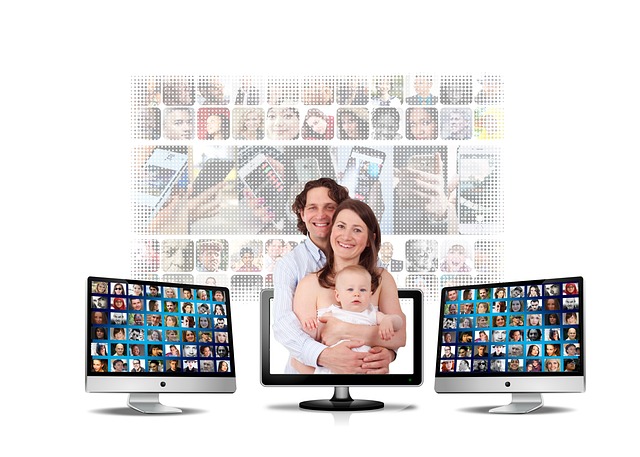
Navigating Relational Distancing: Overcoming Conflict with Connection
Understanding Relational Distancing in the Midst of Conflict
Conflict is an inevitable part of any relationship, whether it be with family, friends, or colleagues. When tensions rise, one common response is relational distancing—the emotional and sometimes physical withdrawal as a means of coping. This distancing creates a barrier that feels protective in the moment but often deepens the divide between individuals.
The Emotional Weight of Relational Distancing
Have you ever felt that ache of silence where conversations once flowed freely? That space where once close connections now feel cold or empty? Relational distancing brings a unique kind of loneliness, even if we’re the ones choosing to step back. It’s a defense mechanism wrapped in vulnerability, fueled by fear of further hurt or misunderstanding.
Breaking the Cycle: Embracing Connection Over Withdrawal
Overcoming relational distancing starts with acknowledging its presence and understanding the underlying emotions—hurt, fear, or frustration—that drive it. When conflict leads us to retreat, the first step toward healing is to intentionally create moments of connection. Small acts of openness, active listening, and expressing vulnerability can chip away at walls built during conflicts.
Practical Steps to Navigate Relational Distancing
- Self-Reflection: Check in with your own feelings before addressing the relationship. Understanding your emotions helps avoid reactive distancing.
- Open Communication: Share your feelings honestly without assigning blame. Using “I” statements instead of “you” statements reduces defensiveness.
- Seek Mutual Understanding: Strive to understand the other person’s perspective—even if you don’t agree with it, validation can soften conflict.
- Create Safe Spaces: Choose a comfortable setting for dialogue where both parties feel safe to express themselves.
- Set Boundaries: Healthy boundaries allow for space and healing without permanent withdrawal.
The Reward of Reconnection
While relational distancing may create temporary relief during conflict, choosing connection fosters growth, empathy, and resilience in relationships. It’s not about erasing conflict but transforming it into an opportunity for deeper understanding. In navigating relational distancing, the courage to reach out, even when it feels difficult, can lead to stronger bonds and renewed trust.


